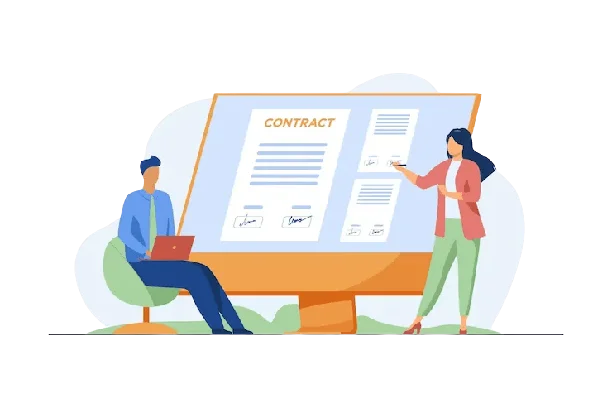
Resume vs. CV: Key Differences & When to Use Each | SuperbResume.com
Resume vs. CV: What’s the Difference and When to Use
Each? When it comes to applying for jobs, one of the first
questions many job seekers face is: Should I submit a resume or a CV?
Although often used interchangeably, resumes and CVs are distinct documents
with different purposes, formats, and contents. Understanding the difference between a resume and a CV
(Curriculum Vitae) is crucial to ensure you present yourself effectively to
recruiters and hiring managers. At SuperbResume.com, your trusted online
resume and CV maker, we help you create the perfect document tailored for your
career goals. In this blog, we will explore the key differences between
resumes and CVs, when to use each, and tips for making both documents shine. What is a Resume? A resume is a concise document that summarizes your
relevant skills, work experience, education, and accomplishments tailored to a
specific job. It is typically 1 to 2 pages long and focuses on the
qualifications most relevant to the role you are applying for. Key Features of a Resume: When to Use a Resume: What is a CV (Curriculum Vitae)? A CV is a comprehensive and detailed document that
outlines your entire career history, including academic background, research,
publications, awards, presentations, and professional achievements. Unlike a
resume, a CV can be multiple pages long and provides an in-depth view of
your career. Key Features of a CV: When to Use a CV: Key Differences Between Resume and CV Aspect Resume CV Length 1-2 pages Multiple pages (can be 3+ pages) Purpose Focused summary for a specific job Comprehensive overview of entire career Content Focus Skills and work experience relevant to job Academic background, research, publications Customization Tailored for each job Generally static, but can be updated Usage Location US, Canada, Australia, private sector jobs Europe, Middle East, Asia, academia, research Format Flexibility More flexible and creative More formal and structured Which One Should You Use? Use a Resume When: Use a CV When: Tips for Creating an Effective Resume or CV At SuperbResume.com, we provide you with an
easy-to-use platform to build professional resumes and CVs tailored to your
needs. Here are some expert tips to keep in mind: For Resumes: For CVs: How SuperbResume.com Can Help You Building a perfect resume or CV can be overwhelming,
especially if you’re unsure about the format or content. With SuperbResume.com,
you get: No matter if you need a sharp, concise resume or a detailed,
academic CV, our platform makes it simple to create professional documents that
stand out. Conclusion Knowing the difference between a resume and a CV — and when
to use each — is essential in your job search journey. While a resume is a
concise, targeted document tailored for specific roles, a CV provides a
comprehensive overview of your academic and professional achievements. Use this knowledge to choose the right format for your
applications and enhance your chances of landing your dream job. And remember, SuperbResume.com
is here to help you craft polished, professional resumes and CVs effortlessly. Start building your perfect resume or CV today — and take
the next step in your career with confidence! Ready to create your resume or CV? Visit SuperbResume.com
— your trusted online resume and CV maker.



![How to Write a Professional Resume Summary [+Examples & Guide 2025] How to Write a Professional Resume Summary Examples & Guide](https://api.superbresume.com/api/public/blog/6_2.webp)

